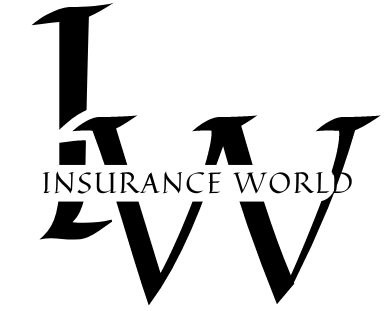Introduction:
Running a business involves facing various risks, including natural disasters, accidents, and unexpected events that can disrupt operations and lead to financial losses. Business interruption insurance serves as a critical safeguard, providing financial protection and peace of mind for businesses in the event of interruptions or closures due to covered perils. In this comprehensive guide, we’ll delve into everything you need to know about business interruption insurance, from understanding the basics to determining if it’s right for your business and choosing the right coverage.
- Understanding Business Interruption Insurance:
- Business interruption insurance, also known as business income insurance, is a type of insurance coverage designed to protect businesses against income losses resulting from interruptions or closures due to covered perils.
- It typically covers loss of income, fixed expenses, and extra expenses incurred during the period of interruption or closure, helping businesses recover and resume operations as quickly as possible.
- Business interruption insurance is often included as part of a comprehensive commercial property insurance policy or can be purchased as a standalone policy.
- Types of Coverage Provided by Business Interruption Insurance: a. Loss of Income:
- Business interruption insurance reimburses businesses for lost income or profits that result from interruptions or closures caused by covered perils, such as fires, floods, or natural disasters.It typically covers the net income that would have been earned during the period of interruption, based on historical financial records and projections.
- Business interruption insurance covers fixed expenses that continue during the interruption period, such as rent or mortgage payments, utilities, salaries, and loan payments.It ensures that businesses can meet their ongoing financial obligations and maintain financial stability despite temporary closures or disruptions.
- Business interruption insurance reimburses businesses for extra expenses incurred to minimize or mitigate the impact of the interruption, such as temporary relocation costs, equipment rentals, or expedited shipping fees.
- It helps businesses cover additional costs necessary to resume operations and minimize further losses during the interruption period.
- Importance of Business Interruption Insurance:
- Financial Protection: Business interruption insurance provides financial protection against income losses and ongoing expenses during periods of interruption or closure, helping businesses stay afloat and recover from unexpected events.
- Business Continuity: Business interruption insurance facilitates continuity of operations by providing resources and support to resume business activities as quickly as possible after a covered event.
- Risk Mitigation: Business interruption insurance helps mitigate the financial risks associated with unforeseen events, allowing businesses to focus on their core operations and long-term growth without worrying about temporary setbacks.
- Covered Perils and Exclusions:
- Covered Perils: Business interruption insurance typically covers interruptions or closures caused by covered perils such as fires, floods, earthquakes, hurricanes, vandalism, theft, or power outages.
- Exclusions: Certain events or circumstances may be excluded from coverage, such as pandemics, acts of war, civil unrest, or intentional acts. It’s essential to review the policy terms and conditions carefully to understand coverage limitations and exclusions.
- Factors Affecting Business Interruption Insurance Coverage:
- Business Type and Industry: The type of business and industry-specific risks can influence the availability and cost of business interruption insurance coverage.
- Location: The geographic location of the business, including factors such as climate, proximity to natural disaster-prone areas, and local regulations, can affect insurance premiums and coverage options.
- Business Size and Revenue: The size of the business, annual revenue, and financial stability may impact eligibility for business interruption insurance and the level of coverage available.
- Risk Management Practices: Businesses with robust risk management practices, such as disaster preparedness plans, business continuity strategies, and safety protocols, may be viewed more favorably by insurers and qualify for lower premiums.
- Determining the Need for Business Interruption Insurance:
- Assess Risk Exposure: Evaluate the potential risks and vulnerabilities that could disrupt business operations, such as natural disasters, supply chain disruptions, or regulatory changes.
- Review Business Continuity Plans: Review existing business continuity plans and assess whether they adequately address the financial implications of interruptions or closures.
- Consider Financial Impact: Estimate the potential financial impact of a business interruption on income, fixed expenses, and extra expenses to determine the appropriate level of coverage needed.
- Consult with Insurance Professionals: Seek guidance from insurance professionals, brokers, or advisors who specialize in commercial insurance to assess your business’s specific needs and options for business interruption coverage.
Conclusion:
Business interruption insurance is a valuable tool for protecting businesses against income losses and financial disruptions caused by unexpected events. By understanding the basics of business interruption insurance, assessing your business’s risk exposure, and choosing the right coverage to suit your needs, you can safeguard your business’s financial stability and resilience. Take the time to review your insurance options, assess your risk management strategies, and consider the potential impact of business interruptions on your operations. With the right business interruption insurance in place, you can navigate unforeseen challenges with confidence and focus on building a successful and resilient business for the future.

